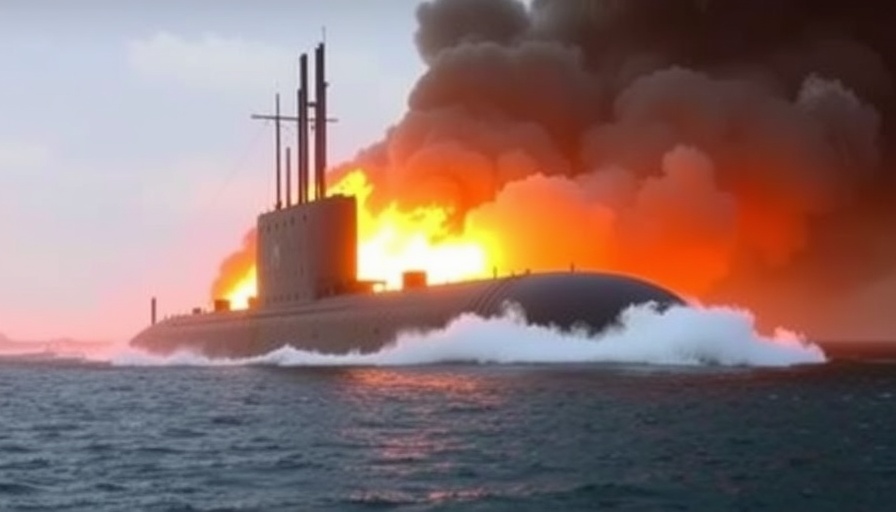
A Preventable Tragedy: The Titan Submersible Incident
The U.S. Coast Guard's recently released report highlights a remarkable yet bleak finding regarding the Titan submersible—the implosion that led to a tragic loss of five lives was preventable. This conclusion draws attention not only to the fate of the Titan, which was on an exploratory dive to the Titanic wreck, but also raises critical questions about safety and accountability in expeditionary industries.
Failures in Safety Protocol: What Went Wrong?
According to the Coast Guard's investigation, OceanGate, the company operating Titan, exhibited a culture of downplaying significant safety risks and overlooking essential safety procedures. This perspective resonates throughout the report, indicating deep-seated issues within the organization that ultimately compromised the vessel's integrity. For instance, experts had long warned that the Titan's unique carbon fiber hull—anodyne compared to traditional titanium designs—was vulnerable to the immense pressures at ocean depths of around 12,500 feet.
The Impact of Design Choices
The design flaws of the Titan—a cylindrical shape as opposed to the more conventional spherical form—exemplify the risks that come with innovation in unknown territories. Chris Roman, a marine engineering professor, states that spheres perfectly dissipate pressure, making them a safer option for deep-diving vehicles. The Titan's repeated deep-sea journeys subjected its hull to tremendous stress, only to be further compromised by the harsh environmental conditions when stored outdoors during winter.
Lessons Learned: Moving Forward
As we reflect on the Titan disaster, there is an urgent need for industry leaders and regulatory bodies to examine their standards and practices critically. The report underscores the importance of promoting a culture of safety where the well-being of adventurers and researchers remains paramount. Clear policies regarding vessel design, material usage, and the environmental impact on structural integrity can dramatically alter the future of underwater exploration.
In light of the findings, stakeholders, including explorers and scientists, must advocate for stricter adherence to safety regulations. Stronger oversight can be pivotal in preventing another loss like that of Titan's crew. The report serves as a wake-up call—one that stresses that exploration should never compromise safety.
 Add Row
Add Row  Add
Add 




Write A Comment